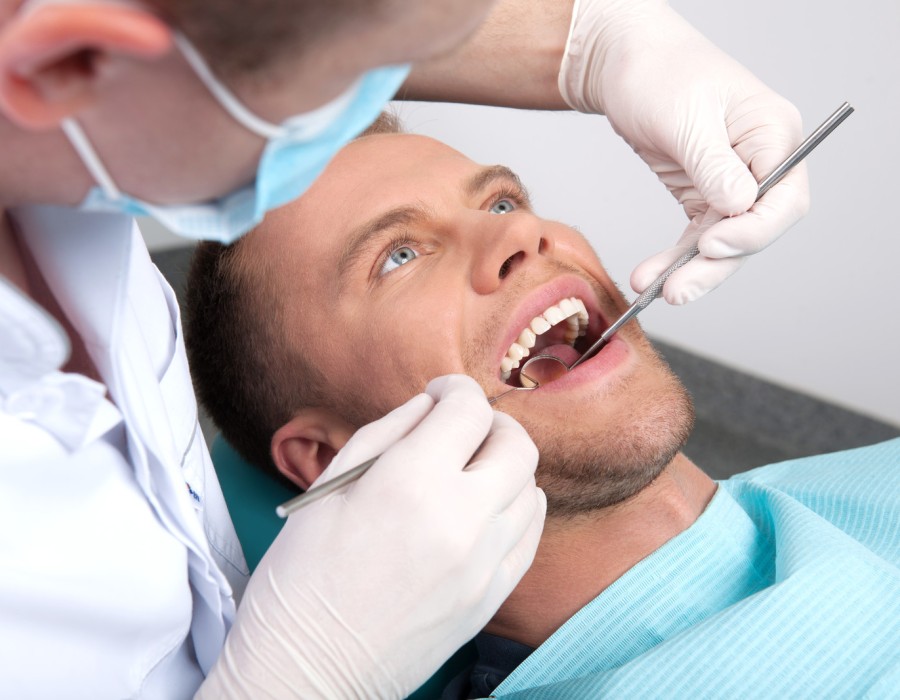How can emergency dental care impact your recovery after an injury? When an unexpected dental injury occurs, immediate attention is crucial. Emergency dental injury services are designed to provide rapid, effective care, helping patients avoid long-term complications and ensuring a smoother recovery process. Understanding the significance of these services can make a substantial difference in the outcome of dental trauma incidents.
Why Immediate Care is Essential in Dental Emergencies
Dental injuries, such as fractured teeth, knocked-out teeth, or soft tissue damage, can result from accidents, sports, or falls. Prompt treatment from emergency dental injury services is vital for several reasons:
- Prevents Further Damage: Quick intervention helps prevent worsening conditions, such as infection or permanent nerve damage, which can lead to more extensive and costly treatments later on.
- Reduces Pain and Discomfort: Emergency dental care aims to alleviate severe pain and swelling, providing immediate relief to the patient. This is especially important for injuries that involve exposed nerves or significant soft tissue damage.
- Preserve Natural Teeth: In cases like avulsed (knocked-out) teeth, the sooner a dentist can act, the higher the chances of successfully re-implanting the tooth. Timing is critical; a two-hour window is often the maximum for the best results.
What to Expect During Emergency Dental Injury Services
Patients often feel anxious or overwhelmed during dental emergencies. Knowing what to expect can alleviate some of this stress and prepare individuals for the care they need. Here’s a look at the standard process involved:
- Initial Assessment and Diagnosis: The emergency dentist will conduct a thorough examination, often using X-rays or digital scans to identify the extent of the injury. This step ensures a precise diagnosis, which will guide the subsequent treatment plan.
- Immediate Pain Management: One of the first steps is addressing pain and controlling bleeding. This may involve local anesthesia, pain medication, or temporary dressings, allowing the patient some relief before more extensive treatment.
- Repair and Restoration: Depending on the nature of the injury, the dentist will perform the necessary procedures, such as bonding broken teeth, re-implanting avulsed teeth, or suturing soft tissue lacerations. Emergency services aim to stabilize the injury site and initiate the healing process.
Common Dental Injuries That Require Emergency Services
Some dental injuries are more severe than others, necessitating immediate professional care. Here are common scenarios where emergency dental services are essential:
- Chipped or Fractured Teeth: Depending on the severity, a fractured tooth can expose the inner pulp, causing significant pain and risk of infection.
- Knocked-Out Teeth: Quick action can often save a knocked-out tooth, but time is of the essence.
- Soft Tissue Injuries: Cuts or tears to the lips, tongue, or cheeks may require stitches and professional cleaning to prevent infection.
Conclusion
Emergency dental injury services play a critical role in managing sudden dental trauma. Immediate care not only relieves pain but also prevents further complications, preserving oral health. For anyone facing an unexpected dental emergency, seeking professional services quickly is the best course of action.
Dr. Harleen Grewal’s practice is committed to providing compassionate and effective emergency care, ensuring patients receive immediate attention for optimal recovery.





Comments